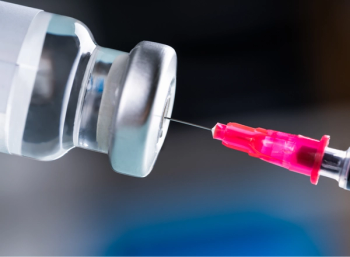
The updates follow the Advisory Committee for Immunization Practice meeting held June 26 to 28, 2024.

The updates follow the Advisory Committee for Immunization Practice meeting held June 26 to 28, 2024.
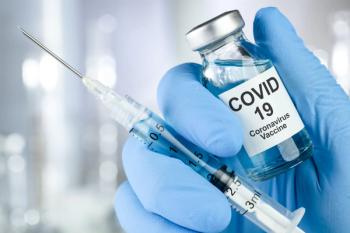
Research presented at ASHP 2024 found that concerns around the safety of COVID-19 vaccines and the credibility of information from public health authorities were the biggest drivers of vaccine hesitancy during the COVID-19 pandemic.

The vaccine covers 8 serotypes not currently covered by any FDA-approved pneumococcal vaccines.
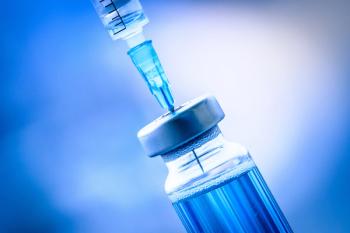
In an attempt to promote flu vaccination, Kristen Thorson, PharmD, encourages pharmacists to “know the power of their recommendation.”
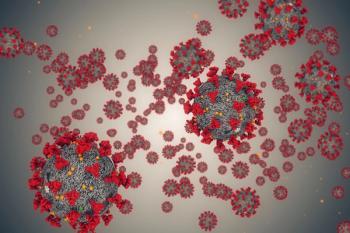
The vaccine, mRNA-1083, elicited noninferior responses vs individual COVID-19 and flu vaccinations.
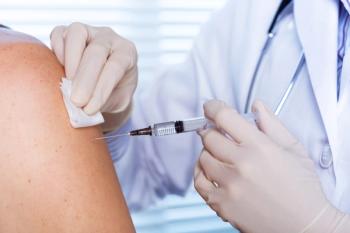
Vaccinated men and women are at a reduced risk for HPV-related cancers, according to research presented at ASCO 2024.
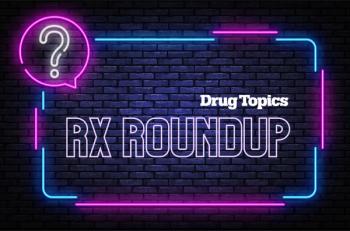
Test your pharmacy news knowledge with our weekly quiz.
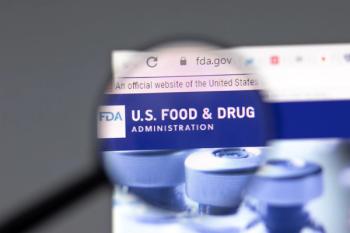
Dynavax plans to meet with the FDA to discuss how the company can provide additional data to support the approval of its 4-dose Heplisav-B regimen and expand protection for adults with end-stage renal disease (ESRD) on hemodialysis.
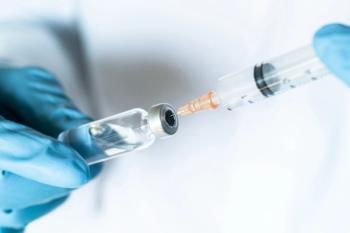
A recent study found that, of 423 participants who were initially low responders, 90% increased their antibody concentrations to more than 400 AU/mL.
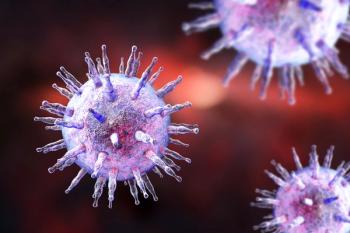
WGc-043 is the first and only vaccine approved for this use.
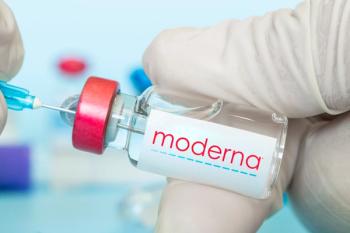
The federal agency said the delay was due to administrative constraints and did not cite any vaccine safety, efficacy or quality issues.
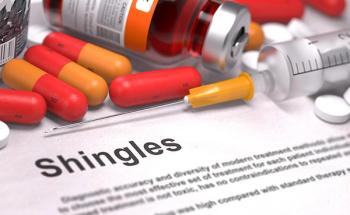
The clinical manifestations of shingles can be divided into 3 phases.
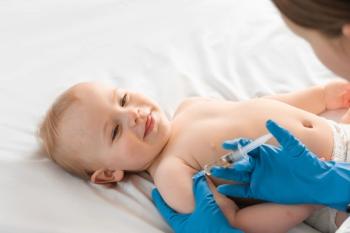
Findings indicating that socioeconomic disparities widened gaps in vaccination timeliness signal the need for increased efforts to promote timely vaccination among children from families with lower income and those without private insurance.
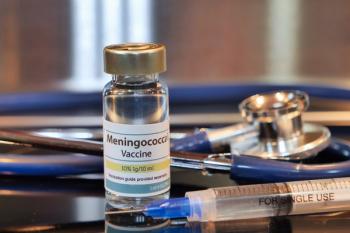
The company’s investigational ABCWY vaccine candidate will be reviewed by the FDA by February 14, 2025.
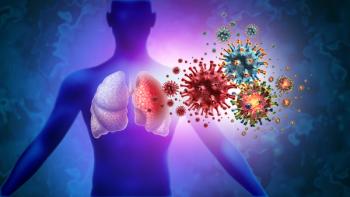
Abrysvo is currently approved to treat RSV-associated lower respiratory tract disease in adults aged 60 years and older, and in infants through the immunization of pregnant individuals.
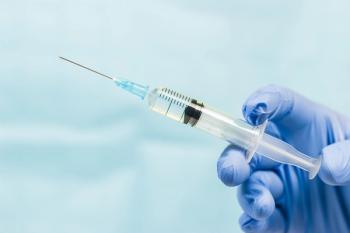
Following quality concerns voiced by the FDA regarding plastic syringes made in China, medical technology company BD has announced it will increase its production of plastic syringes in the US.

mRNA-1283 generated a stronger immune response against both the Omicron BA.4/BA.5 and the original virus strains of SARS-CoV-2 compared with Spikevax, Moderna’s licensed COVID-19 vaccine.

Posters presented at the APhA 2024 Annual Meeting and Exposition discussed pharmacist barriers in pediatric immunizations, a novel meningococcal vaccine, and the need for inpatient reviews of vaccination history.
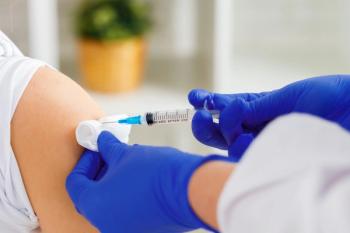
The biotechnology company’s recombinant spike protein-based vaccine demonstrated an efficacy of 88% after 40 days, 82% after 120 days, and 77% after 180 days during the PREVENT-19 trial.
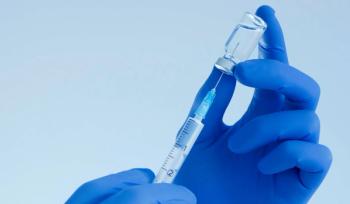
Moderna, Merck, and Pfizer-BioNTech are leading the charge with new vaccines for respiratory viruses in development.

See what's trending in pharmacy with a preview the Drug Topics March issue.
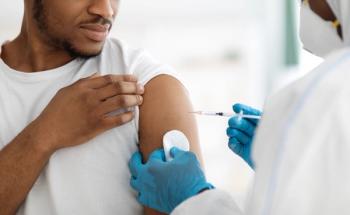
Since changes in vaccine composition can sometimes lead to confusion or misinformation, effective communication is crucial to promote vaccine uptake.
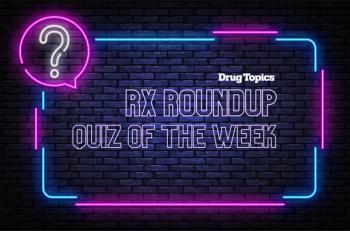
Test your pharmacy news knowledge with our weekly quiz.
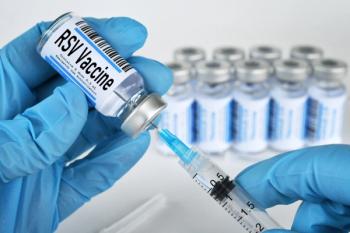
Pfizer's RSV vaccine received FDA approval on May 31, 2023.
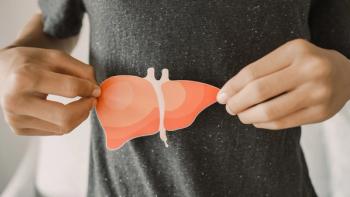
With over 3% of the world’s population affected by chronic hepatitis B, TherVacB has the potential to address a critical unmet need for a cure.